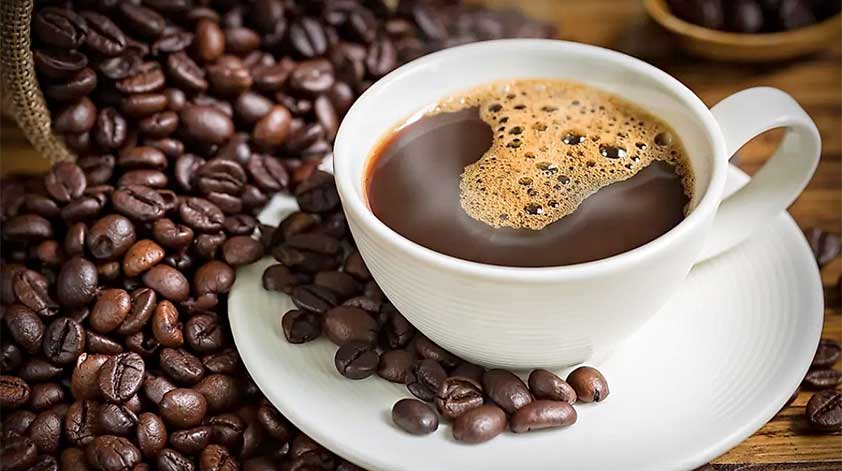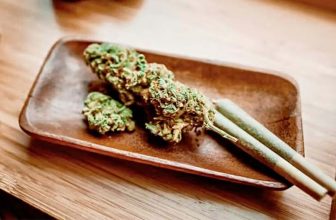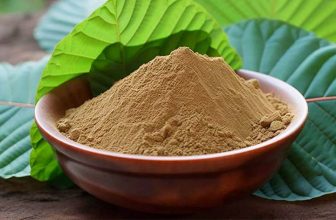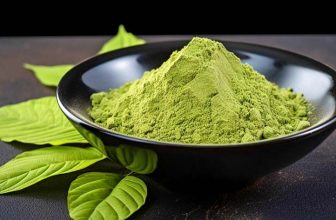
One of the most popular drinks in the world is coffee. Many health professionals think it is also one of the healthiest. Some people get more antioxidants from it than from all of the fruits and vegetables they take combined!
Coffee is good for almost every part of the body, and this is because of the nutrients, vitamins, and minerals that are in the bean itself. Once the coffee is brewed, these nutrients seep into the dark liquid, which many enjoy drinking.
Polyphenols are a type of antioxidant, and coffee is the best place to get them. Antioxidants help keep cells and DNA from getting hurt and fix the damage that has already occurred. Follow on for 4 Tips for a Healthier, More Enjoyable Morning Coffee!
1. Buy Whole Beans and Grind Them Yourself
Everyone loves the smell of freshly brewed coffee when they wake up in the morning. But most people don’t know that the same coffee bean can taste different depending on how it is ground, what kind of grinder is used, and how it is brewed.
If you buy whole beans and grind your own coffee, you can be sure that it is fresher than if you buy already-ground ones. The oils and fragrance are kept inside the coffee bean by its shell. Once the plant is ground, its volatile oils can start to disappear. To get the most out of your coffee, you should always grind the beans yourself, ideally right before you brew.
To make good coffee, you must use water to get the flavor out of the bean. How strong, bold, or mild the beverage will depend on the temperature of the water, how finely the beans are ground, and how long they are in contact with each other. Selecting a coffee grinder is the initial step in the process of grinding your own beans.
2. Store Your Beans Properly
Air, moisture, heat, and light are all detrimental to your beans. Keep your beans in an airtight, dark container at room temperature to extend the enjoyment of their freshly roasted flavor. As beautiful as coffee beans appear to be, storing them in transparent containers may enable light to affect their flavor.
Ensure proper coffee storage in a cool, dark place. A cabinet near the oven and a place on the kitchen counter that gets strong afternoon sun are often too warm. Most retail packaging for coffee isn’t great for keeping it for a long time. If you can, buy airtight storage canisters.
After roasting, coffee starts to lose its freshness almost right away. Try buying smaller amounts of freshly roasted coffee more often, enough for a week or two. Beans lose nutritional value when exposed to air.
Suppose you want to store your coffee in an easily accessible, and aesthetically pleasing container. In that case, you can divide your supply into numerous smaller parts and store the larger, unused portion in an airtight container. This is especially important when buying coffee that has already been ground since it is exposed to more air. If you buy whole beans, grind only what you need before making your brew.
3. Avoid Drinking Too Much
Coffee is a popular drink made from the beans of Coffea fruits that have been roasted (Coffea arabica, Coffea canephora). It has caffeine and an acid called chlorogenic acid. The caffeine in coffee stimulates the central nervous system (CNS), heart, and muscles. Chlorogenic acid might change how the body handles blood sugar and how it burns calories.
Most of the time, people drink coffee to wake their minds up. It’s good for you when you drink it in moderation, but it may lose some of its health benefits if you drink too much. People are different in how sensitive they are to the harmful effects of too much caffeine. If you drink more than four cups of caffeinated coffee a day (or the equivalent), you might want to cut back if you have side effects like:
- Fast heartbeat
- Insomnia
- Nervousness
- Headache
- Irritability
- Muscle tremors
Caffeine can have varying effects on different persons. You may have insomnia or irritability if you consume any amount of caffeine, regardless of how tiny the dose is. Your tolerance for caffeine may influence how you respond to it. People who don’t consume it often feel its effects more keenly.
4. No Sugar
When sugar and caffeine are taken together, they can have powerful effects on your body. When you eat sugar, your blood sugar levels go up and then down quickly. If you eat sugar and drink caffeine at the same time, the huge energy boost from the sugar and the stimulant in the caffeine causes your blood sugar to rise and dip within a couple of hours.
The body then often goes into a cycle of wanting to eat. The combination of the two causes a craving for more carbohydrates than is necessary due to mood fluctuations. Over time, the craving causes a huge difference in the amount of glucose in the blood. Even though coffee is good for you, it’s easy to make it bad for you by adding an indiscriminate amount of sugar.
Love coffee? Which flavor of beans do you savor most? Let us know in the comments below and join in the conversation on Facebook, Twitter & Instagram!









